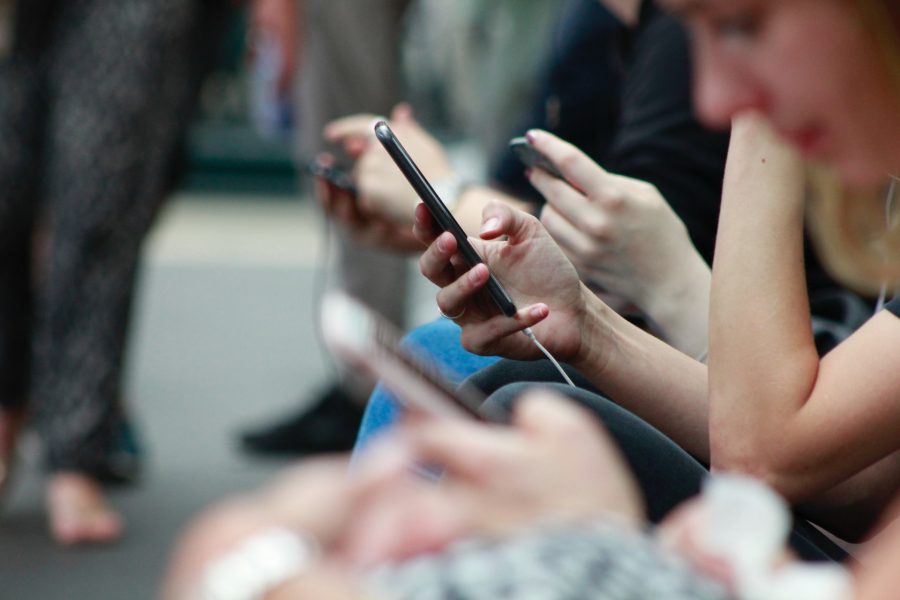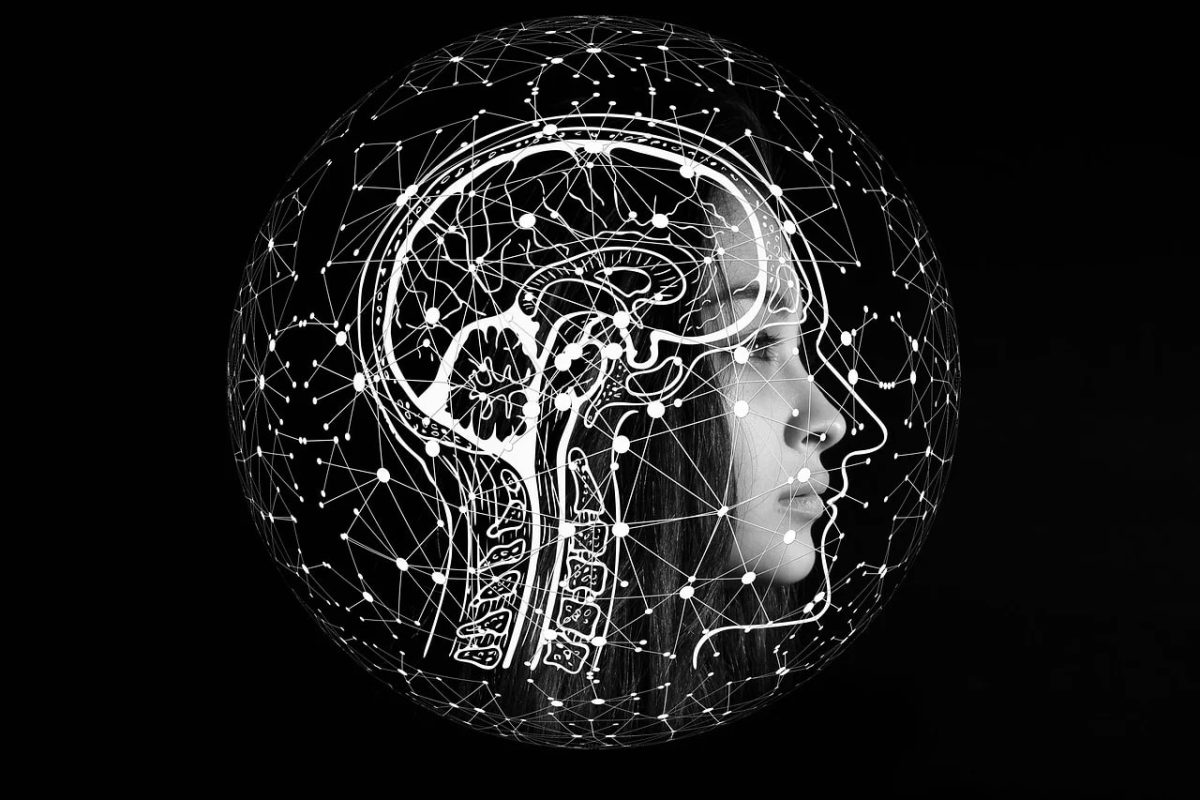BY LIAM O’DONNELL
Social media has been marketed as a way to keep friends in touch with each other, and as a result make people happy. With increasing technology one has to wonder if technology is actually better for us.
Although social media can connect people from all over the place, there have been a startling amount of studies that have connected social media and technology to poor mental health. Despite being promoted as something that provokes joy, social media in fact doesn’t make people happy.
One chief cause for unhappiness as a result of social media is the fear of missing out, or FOMO. FOMO is caused by logging on to certain media outlets and seeing everything your friends are doing. Dr. Mai-Ly N. Steers, researched the psychological effects of spending too much time on Facebook. “Heavy Facebook users might be comparing themselves to their friends,” Dr. Steers said. “Which in turn can make them feel depressed.” Because of FOMO people are spending too much time comparing themselves to others, and not enjoying their own life.
Of course it is important to understand the effects social media have on the people who arguably use it the most, adolescents. “Social media use may exacerbate stress,” said Anna Vannuci of the Connecticut Children’s Medical Center after conducting a study focused on 18-22 year olds and social media. Increasing stress while being on social media isn’t good for anyone; however, added stress could be extremely consequential for teenagers and young adults.
Finally an increase of social media and technological use can make people become detached from their life. “It makes me sad that there are moments in our lives where we’re not present because we’re looking at a phone,” said comedian Charlene deGuzman, who made a brief 2 minute video highlighting our technology obsessed culture. Attempting to capture something on camera instead of living in the moment can ultimately detract from the experience making it less fulfilling.
Of course there can be a case made that social media and more connections make people feel better. A recent Harvard study found that routine social media use showed positive benefits for social well-being, positive mental health, and self-rated health. While it is true that some social media exposure can be beneficial, the positive side effects of this study were only seen in people with a relatively small and routine social media presence. On the other hand people who spend too much time on social media are likely to see more negative side effects.
As pointed out by the Harvard study, people with more exposure to social media began to suffer more extreme side effects. The best way to limit the harmful side effects of social media is to limit your time on social media. The best way to do this would be to set certain time periods that you can check your phone, but also have periods when you don’t look at anything.
The best way for you to have a more beneficial experience on social media is to make smarter choices about how you use it.
Categories:
Does technology make us happy?
May 29, 2020
0






